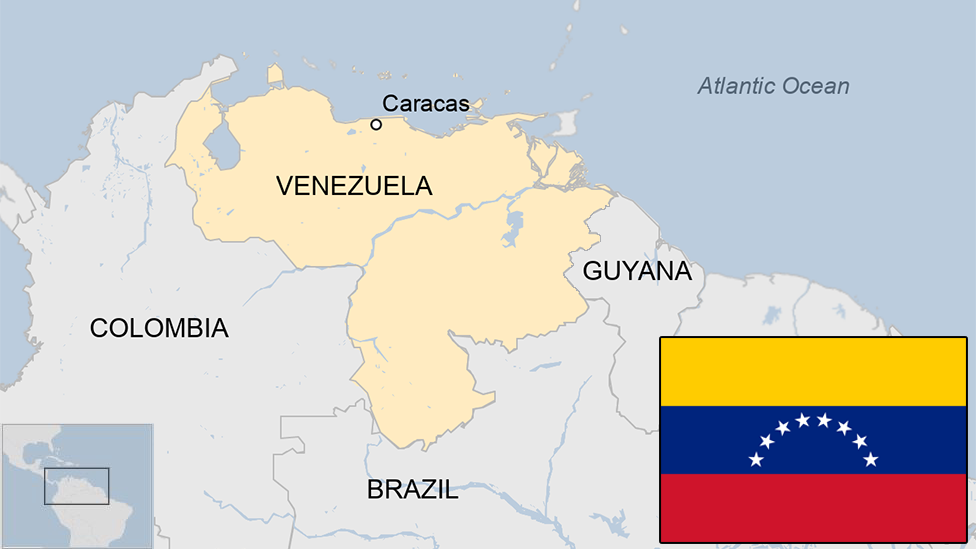
Venezuela’s Main Businesses
Venezuela, a country rich in natural resources, has an economy that heavily depends on oil exports. However, in recent years, economic instability and political challenges have led to diversification efforts in various sectors. Below are the main industries that shape Venezuela’s business landscape.
1. Oil and Gas Industry
The oil sector is the backbone of Venezuela’s economy, contributing a significant portion of its GDP and government revenue. The country has some of the largest proven oil reserves in the world, primarily located in the Orinoco Belt. Petróleos de Venezuela, S.A. (PDVSA), the state-owned oil company, dominates this sector, handling exploration, refining, and exports. Despite U.S. sanctions and declining production, oil remains the most critical business sector in Venezuela.
2. Mining Industry
Venezuela also has abundant mineral resources, including gold, diamonds, iron ore, and bauxite. The gold mining sector has gained importance in recent years, particularly in the Arco Minero del Orinoco region. Companies and small-scale miners extract gold, but concerns over environmental damage and illegal mining persist. Other valuable minerals such as coltan (used in electronics) and nickel also contribute to the economy.
3. Agriculture and Food Production
Agriculture is a key industry in Venezuela, though it has declined due to economic difficulties. Major agricultural products include corn, rice, coffee, sugarcane, cocoa, and tropical fruits. Livestock farming, particularly cattle and poultry, is also significant. While food imports are high, local agribusinesses continue to supply domestic markets.
4. Manufacturing and Industry
Venezuela has a history of industrial production, but economic instability has affected this sector. The steel and aluminum industries, led by companies like Siderúrgica del Orinoco (SIDOR) and Alcasa, are important for exports. Other manufacturing sectors include cement, chemicals, pharmaceuticals, textiles, and auto assembly, although many factories struggle with raw material shortages and inflation.
5. Banking and Finance
The financial sector in Venezuela is controlled by both private and state-owned banks. Banks like Banco de Venezuela, Banesco, and Mercantil provide essential financial services, including loans and currency exchange. However, hyperinflation and currency controls have created challenges for businesses and consumers.
6. Telecommunications and Technology
Despite economic difficulties, Venezuela has a growing digital economy. Companies like Movistar Venezuela, Digitel, and CANTV (state-owned) provide mobile and internet services. The rise of fintech and e-commerce has been notable, as digital payments and online sales help businesses operate in a cash-strapped economy.
7. Retail and Consumer Goods
Retail businesses in Venezuela range from local markets to international supermarket chains. The automobile, electronics, and fashion industries have been affected by inflation, but businesses have adapted through informal markets and dollar transactions. Shopping centers and private businesses remain active in major cities like Caracas, Valencia, and Maracaibo.
8. Tourism and Hospitality
Venezuela has stunning natural landscapes, including the Angel Falls, Caribbean beaches, and the Andes Mountains. The tourism industry, once a growing sector, has suffered due to political instability and security concerns. However, luxury hotels, ecotourism, and domestic travel businesses continue to operate.
Conclusion
Venezuela’s business landscape remains highly dependent on oil, but other industries like mining, agriculture, and technology are emerging. Despite challenges like inflation and sanctions, businesses continue to adapt, finding ways to thrive in a complex economic environment.



Leave a Reply